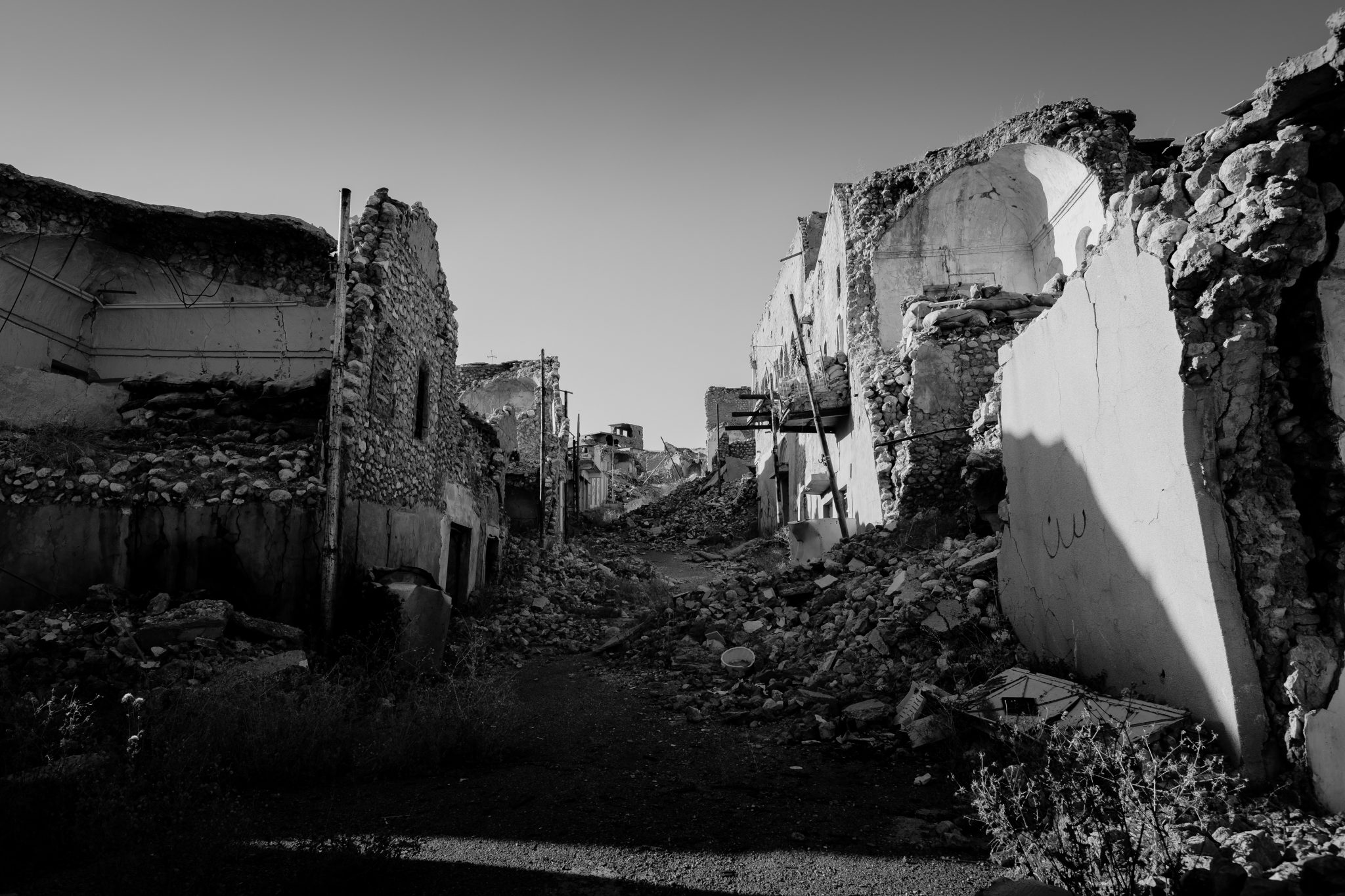The Impact of the War in Ukraine on Addiction
The war in Ukraine has had a devastating impact on the country, and the effects are being felt around the world. For people struggling with addiction, the war has created additional challenges, such as displacement, financial hardship, and mental health problems, which can make it difficult to maintain addiction recovery.

Displacement
Millions of people have been displaced by the war in Ukraine, and many of them have been forced to flee their homes and leave behind their support networks. This can be a major trigger for relapse, as people may find themselves in unfamiliar and stressful environments where they have limited access to treatment.
In addition to the physical displacement, people who have been forced to flee their homes may also experience a sense of loss and grief. They may have lost their homes, their possessions, and their loved ones. This can lead to feelings of sadness, despair, and hopelessness, which can make it more difficult to resist the urge to use drugs or alcohol.
Financial Hardship
The war has also had a significant impact on the Ukrainian economy, and many people have lost their jobs or had their incomes reduced. This can make it difficult for people to afford treatment for their addiction, and it can also lead to financial stress, which can be a trigger for relapse.
Financial hardship can also make it difficult for people to access other resources that can help them stay sober, such as support groups or therapy. When people are struggling financially, they may not have the time or energy to attend these types of activities.
Mental Health Struggles
The war in Ukraine has also had a significant impact on people's mental health. Many people have experienced trauma, grief, and loss, and these experiences can lead to the development of mental health problems such as anxiety, depression, and post-traumatic stress disorder (PTSD). These mental health problems can also be a trigger for relapse, as people may turn to drugs or alcohol to self-medicate.
The combination of displacement, financial hardship, and mental health problems can make it very difficult for people struggling with addiction to stay sober. In fact, a study by the World Health Organisation found that the risk of relapse is significantly higher for people who have experienced war or other traumatic events.
The Impact of the War on Addiction
The war in Ukraine has created a perfect storm for addiction relapse. People who are struggling with addiction are facing a number of challenges that can make it difficult to stay sober, and these challenges are only going to get worse as the war continues.
However, there is hope for recovery. There are a number of resources available to help people who are struggling with addiction in Ukraine, and there is a growing community of people who are providing support to those who are affected by the war.
Resources for People Who Are Struggling
There are a number of resources available to people who are struggling with addiction in Ukraine. The Ukrainian government has set up a number of hotlines and support groups, and there are also a number of international organisations that are providing assistance.
If you are struggling with addiction in the aftermath of the war in Ukraine, there are a number of things you can do to get help. You can call a hotline, join a support group, or talk to a therapist. You can also find information and resources on the websites of the Ukrainian government and international organisations.
If you or someone you know is struggling with addiction, please reach out for help. There are people who care about you and want to help you get the treatment you need. Contact New Leaf Recovery today to start your recovery journey.

